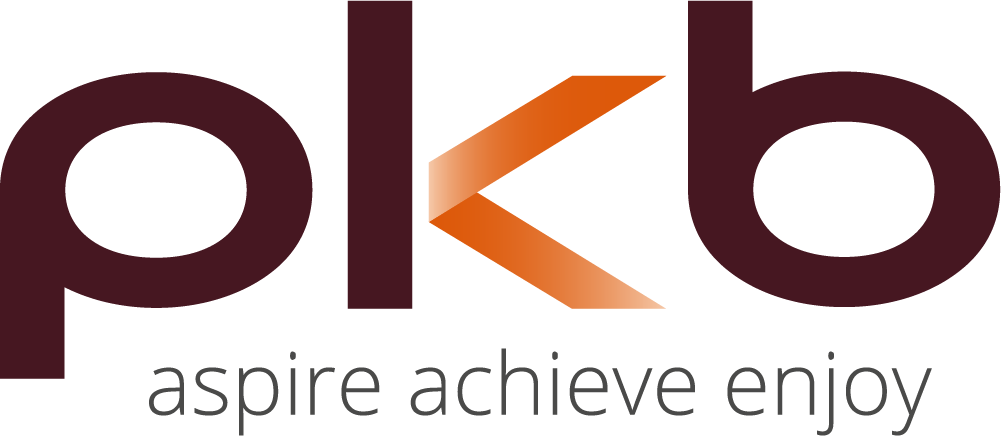
Plans to abolish class 2 national insurance contributions (NICs) have been scrapped by Chancellor Philip Hammond.
The Government was originally due to abolish class 2 NICs for the self-employed from the 6 April 2018, but the move was delayed for 12 months in November 2017 and has now been abandoned altogether.
What’s happening with Class 2 NICs?
The policy, which was first announced by Hammond’s predecessor George Osborne in 2016, was expected to save millions of self-employed workers around £150 a year. The Government has however cited concerns that it would force low-earning sole traders to pay more towards the state pension and that scrapping class 2 NICs would make the tax system more complex.
Robert Jenrick, exchequer Secretary to the Treasury, said:
“This change was intended to simplify the tax system for the self-employed, but a significant number of self-employed individuals on the lowest profits would have seen the voluntary payment they make to maintain access to the state pension rise substantially.”
He continued:
“Having listened to those likely to be affected we have concluded that it would not be right to proceed, given the negative impacts it could have on some of the lowest earning in our society.”
What is Class 2 NIC?
Class 2 NICs are paid by self-employed people with profits of £6,205 or more a year in 2018/19, with contributions counting towards the state pension. More than 300,000 sole traders in the UK earn less than this and pay class 2 NICs voluntarily.
If the abolition went ahead, these individuals would face being moved to class 3 NICs from the 6 April 2019, with weekly payments rising from £2.95 to £14.65.
Despite this, the Federation of Small Businesses (FSB) said the decision to scrap the planned abolition of class 2 NICs “let down the self-employed community”.
Mike Cherry, chairman of the FSB, commented:
“Class 2 NICs is a regressive levy that hits sole traders and makes life even tougher for those who are hard-up. Once you’ve reached a minimal income, there’s no tapering or means testing in place at all. The self-employed were promised this niggling tax would end, but have been left high and dry.”
If you would like further information about our tax planning services, please don’t hesitate to contact PKB and we will be more than happy to help.
Peter Bowyer – Tax, Payroll & Accounts Manager
To read news and blogs from Peter Bowyer, click here >>


